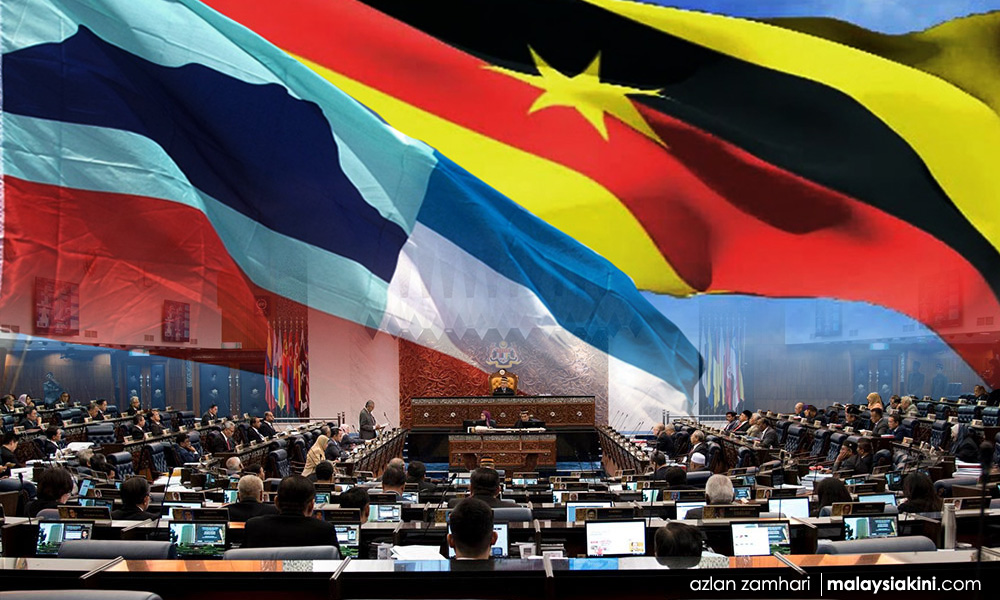LETTER | The Malaysia Agreement 1963 (MA63) should not be seen from the Sabah and Sarawak ‘angle’ alone but from the perspective of the Malaysian federalism.
Only when MA63 is seen in its totality that will we be able to effectively implement its provisions.
People in Peninsular Malaysia think that MA63 is about fighting for the rights of Sabah and Sarawak alone when in fact it is about strengthening the spirit of the Malaysian federalism.
MA63 is the bedrock of the Malaysian federalism. It lays the foundation for the Federal Constitution. When we strengthen Sabah’s and Sarawak’s position, we uphold the ideals of MA63 and the aspirations of our founding fathers.
Our founding fathers did not define “equal partnership” clearly nor was it extensively discussed in the committees tasked to propose the constitutional safeguards for Sabah and Sarawak.

Many have interpreted equal partnership based on Article 1 of the Malaysia Agreement 1963 in which the 11 states in the then Malaya are seen as representing one component and the other two components being Sabah and Sarawak.
In 1976, Sabah’s and Sarawak’s status is said to be relegated or downgraded to mere “states” like the other “ordinary” states in Peninsular Malaysia.
However, despite the amendment, Sabah’s and Sarawak’s “special position” in the Federal Constitution remained intact.
A former Sarawakian MP Edmund Langgu Saga wrote that the amendment was done for the purpose of nation-building.
Amending Article 1 (2) without specifying equal partnership and how it will affect the country’s federal structure will bring us to the path of uncertainty further down the road.
So, where do we go from here?
First, the provisions of the Malaysia Agreement 1963 must be effectively implemented particularly the recommendations of the Inter-Governmental Committee Report.
But before this can be done, the state and federal governments must identify which jurisdictions must be returned to the state or remained under federal control.
Second, any attempt to revisit the MA63 must be done with the aim of restructuring the Malaysia federalism in which the states are empowered to make decisions on their own according to their uniqueness and needs. There is ample evidence linking decentralisation with good governance and economic growth.
Third, the narrative of MA63 in the new Malaysia should be about strengthening the spirit of the Malaysian federalism, creating a sense of belonging to the nation, and increasing a sense of pride towards our nationhood as Malaysians.
The views expressed here are those of the author/contributor and do not necessarily represent the views of Malaysiakini.

